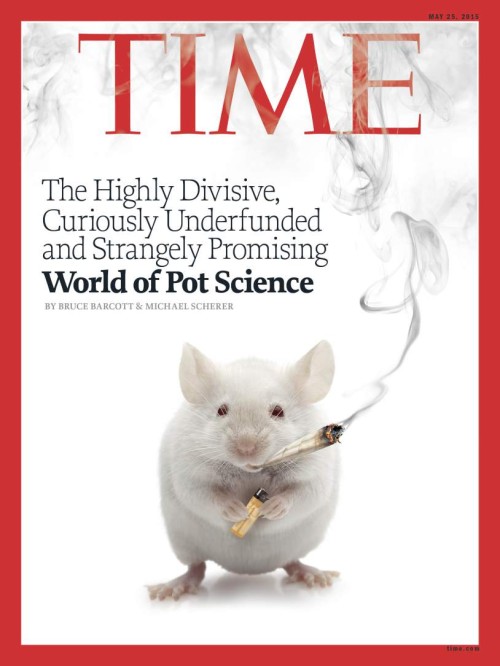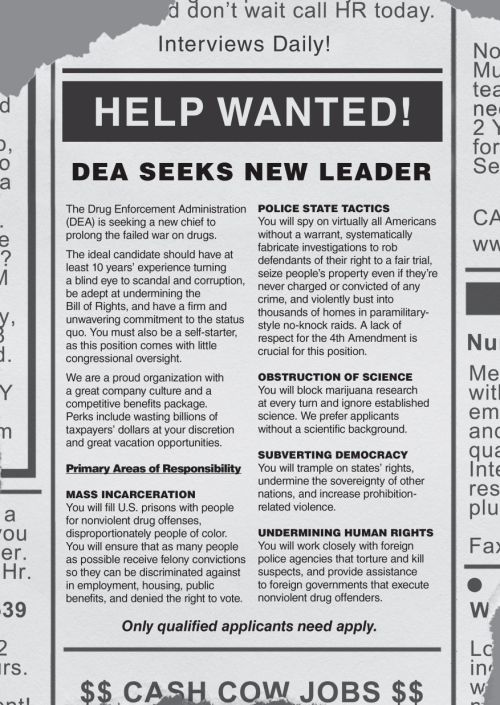Can’t guarantee that this was an actual post, but it was too funny not to share.
- DrugWarRant.com, the longest running single-issue blog devoted to drug policy
Join us on Pete's couch.
 Send comments, tips,
Send comments, tips,
and suggestions to: Recent Comments
Servetus on It isn’t about the drugs.: “If I were to guess I would say it’s about the oil. Venezuela’s oil reserves aren’t just large. Venezuela has…” Dec 11, 12:17
NorCalNative on It isn’t about the drugs.: “Pete, I would certainly agree it’s not about the drugs. Trump is very much about creating news cycles. Could very…” Dec 9, 15:09
Atrocity on It isn’t about the drugs.: “It’s about the sadism. It’s always been about the sadism. It’s 100% about hurting and/or killing people just to watch…” Dec 9, 09:25
Servetus on MKUltra resurfaces as a new HBO series: “Psilocybin and the rabies virus are used to explain the rewiring of mental circuits: 5-Dec-2025 – An international collaboration led…” Dec 6, 20:34
Servetus on MKUltra resurfaces as a new HBO series: “Iron fortified charcoal or “biochar” made from hemp agricultural waste can be used to clean up contaminated soil: 1-Dec-2025 –…” Dec 2, 11:29
Servetus on MKUltra resurfaces as a new HBO series: “Distinctive patterns of brain activity distinguish predispositions for addiction that differ between boys and girls: 21-Nov-2025 — The roots of…” Nov 29, 22:36
Servetus on MKUltra resurfaces as a new HBO series: “CBD for elderly dogs is proving effective in reducing canine aggression due to old-age anxiety and irritabilities (fight or flight)…” Nov 29, 22:04
Servetus on Wine versus marijuana and drug war dogmas: “AI and alternative funding sources for biomedical and pharmaceutical research are seen as necessary for continued development of new drugs…” Nov 28, 12:32
Pages
- About
- Articles
- A Day at the Museum
- A story for Thanksgiving (Isidro and Teresa Aviles)
- Andrea Barthwell, caught red-handed
- Andrea Barthwell, Snake Oil Salesman
- Bong Hits 4 Jesus – Supreme Court Case
- DEA Bad Girl Michele Leonhart
- Deep Thoughts About the Drug War
- Drug War Victims
- Drug War Videos
- Drug WarRant Joins SOPA, PIPA Protest
- Hammer Down, Pop Up
- If I were Contrarian-King of the United States
- Increase in Burger Abuse Seen
- Irvin Rosenfeld and the Compassionate IND — Medical Marijuana Proof and Government Lies
- Karen Tandy and the DEA (Can Congress Get a Clue?)
- Len Bias – the death that ushered in two decades of destruction
- Mother and Son
- Patriot Act, Victory Act, Despot Act
- Petition for Correction under the ONDCP Information Quality Guidelines
- Raich v. Ashcroft
- Rand and American Enterprise Institute Studies – Indictments of Federal Drug Policy
- the Drug Czar is Required by Law to Lie
- Treatment Statistics
- Who’s Who in Drug Prohibition
- Why is Marijuana Illegal?
December 2025 M T W T F S S 1 2 3 4 5 6 7 8 9 10 11 12 13 14 15 16 17 18 19 20 21 22 23 24 25 26 27 28 29 30 31 Archives
Authors
December 2025 M T W T F S S 1 2 3 4 5 6 7 8 9 10 11 12 13 14 15 16 17 18 19 20 21 22 23 24 25 26 27 28 29 30 31



